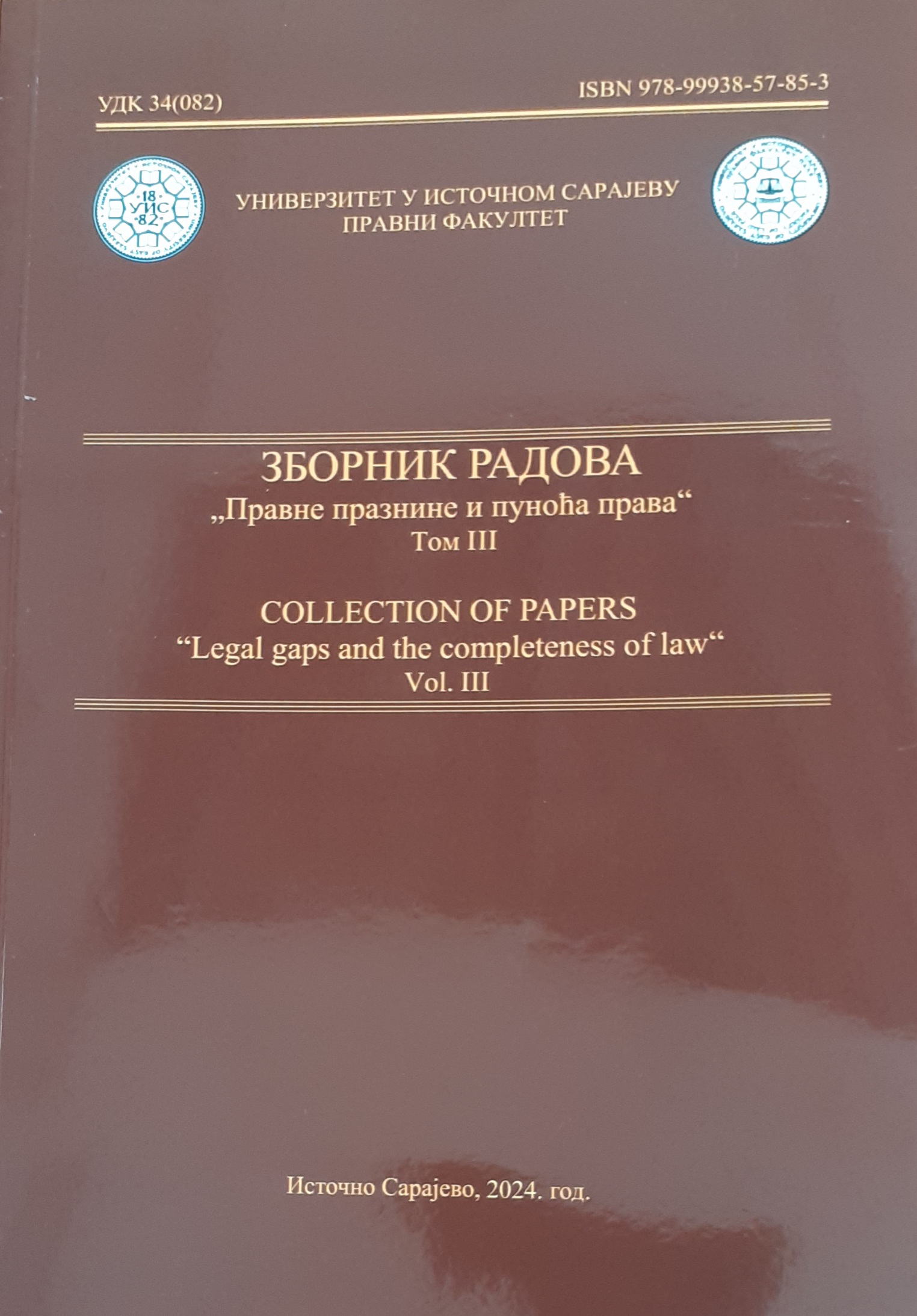The Concept of Originality in Greece and the EU
The Concept of Originality in Greece and the EU
Author(s): Irini A. Stamatoudi
Subject(s): Law, Constitution, Jurisprudence, EU-Legislation
Published by: Правни факултет Универзитета у Источном Сарајеву
Keywords: Copyright law; Originality; European Union; CJEU case law; Infopaq;
Summary/Abstract: Greece is an EU member state. It has ratified all important international conventions on copyright and related rights, and it is part of the civil law tradition. The Copyright Act 2121/1993 provides a high level of protection for authors and related rights holders. The only basic requirement for a work to receive copyright protection is originality. The Greek standard of originality was for a work to be "statistically unique" meaning that no other author, under similar circumstances and with the same aim in mind, would reasonable reach the same creative outcome. Following the recent developments in CJEU case law, particularly the Infopaq case, EU member states are no longer able to apply their own criteria for originality, as the EU criterion now takes precedence. According to it, a work is original if it is its author's own intellectual creation, meaning that the author should have made free and creative choices and stamped the work with his personal touch.
Book: Зборник радова "Правне празнине и пуноћа права" Том III
- Page Range: 303-330
- Page Count: 28
- Publication Year: 2024
- Language: English
- Content File-PDF

